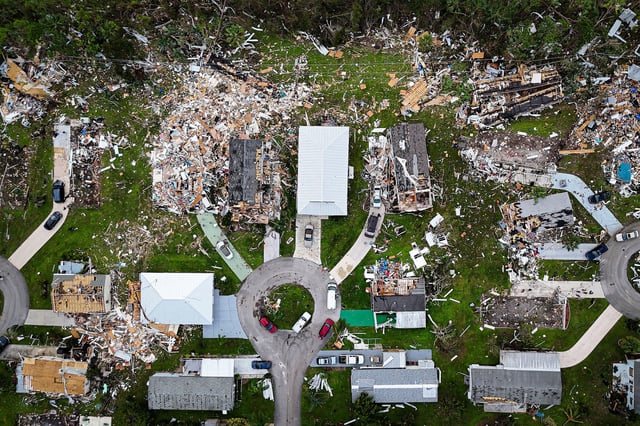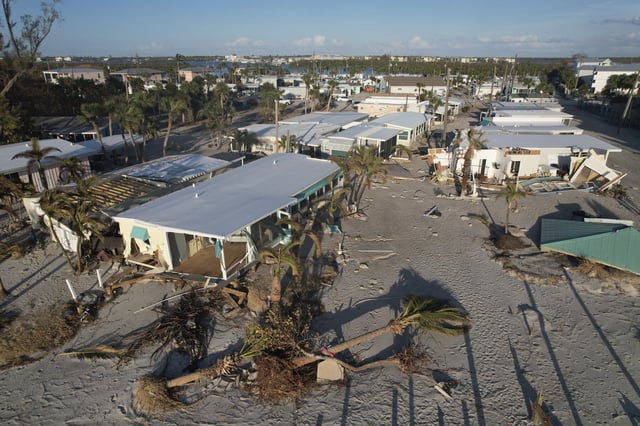Overview
- NOAA has officially retired its Billion-Dollar Weather and Climate Disasters database, archiving data from 1980 to 2024 but ceasing future updates.
- The database tracked 403 disasters exceeding $1 billion in damages, totaling over $2.9 trillion in inflation-adjusted costs, and was widely used by researchers, insurers, and policymakers.
- The decision is tied to staffing reductions, with NOAA cutting 10% of its workforce under the Trump administration's Department of Government Efficiency initiative.
- A proposed 24% budget reduction for fiscal year 2026 would further impact NOAA's climate research, grant programs, and satellite systems critical to forecasting and disaster response.
- Experts warn the database's loss will hinder the ability to analyze disaster cost trends and assess the economic impacts of worsening climate-related events.



